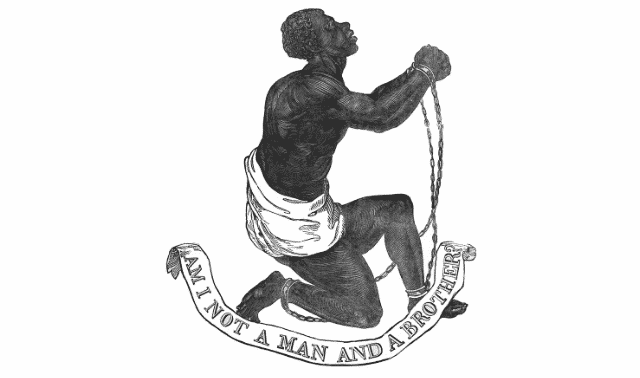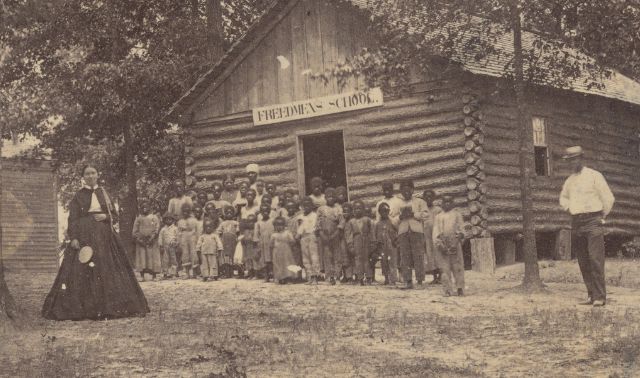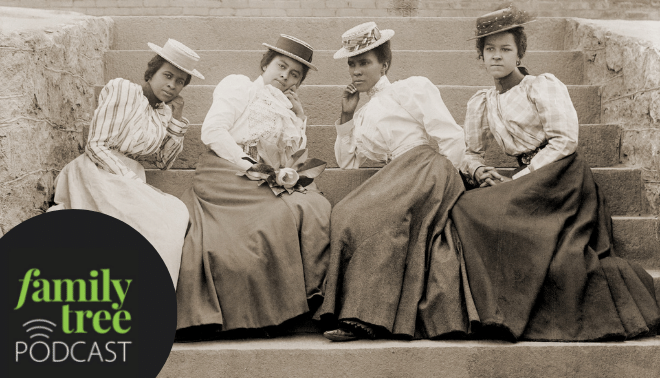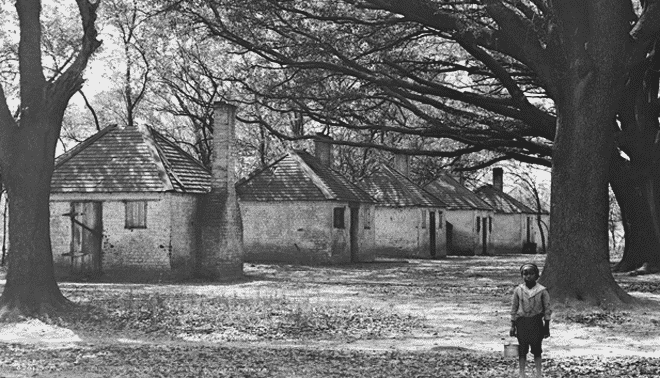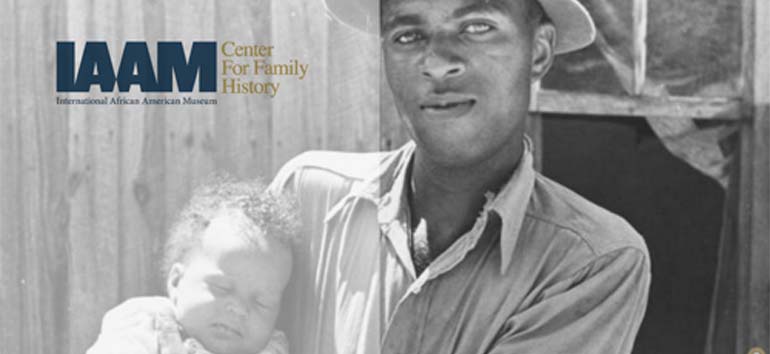Sign up for the Family Tree Newsletter! Plus, you’ll receive our 10 Essential Genealogy Research Forms PDF as a special thank you.
Get Your Free Genealogy Forms
"*" indicates required fields

Americans celebrate Juneteenth each June 19 to commemorate the emancipation of slaves in Texas. On June 19, 1865, Union Army Gen. Gordon Granger read aloud General Order No. 3 from a Galveston balcony. The order begins “The people of Texas are informed that, in accordance with a proclamation from the Executive of the United States, all slaves are free.”
Abraham Lincoln had freed slaves in much of the South in 1863 with the Emancipation Proclamation (which exempted border states and Union-held areas of the Confederacy). Some Southerners fled with their slaves west to Texas. There, the Emancipation Proclamation had little effect and news of the war’s end took a month to arrive.
Texas was the first state to establish Juneteenth as a state holiday, in 1980. Today, it’s observed beyond Texas with festivals, street fairs, family reunions and other events. Juneteenth became a federal holiday in 2021.
Connecting your postwar African American ancestors to their lives in slavery is a brick wall for many of you. But we’re seeing a renaissance of digitization and indexing projects that can help. Whether you’re celebrating Juneteenth or simply researching enslaved ancestors, you can consult these resources—some of them, newly digitized.
Slave Deeds
Considered property, the enslaved were sold and bartered like any other financial asset.
1. People Not Property: Slave Deeds of North Carolina
In North Carolina, especially, a slave deeds project is posting old deeds of sale for enslaved people. Courts recorded deeds to document the ownership and transfer of slaves as valuable property. The deeds will eventually become searchable at People Not Property: Slave Deeds of North Carolina.
You can find deeds on several county websites, including:
Newspapers: ‘Runaway Slave’ Advertisements
Those who sought their freedom were often doggedly pursued by their enslavers. The latter would publish wanted ads in publications near where the enslaved were believed to have fled in the hopes of reclaiming them. Per the divisive Fugitive Slave Act, their reach could extend even into Northern states that didn’t permit slavery.
2. Freedom on the Move
Cornell University’s Freedom on the Move is building a database of newspaper notices seeking escaped slaves. As of early 2025, the database contains 33,000 advertisements.
3. “On the lives of fugitives: Runaway slave advertisement databases”
A 2017 blog post by Crystal Eddins, assistant professor at the University of North Carolina—Charlotte, has links to more websites with runaway slave advertisements.
Manumission Papers
Manumission papers (or deeds or emancipation), which document a former slave’s free status are recorded with local court records. In many parts of the Antebellum South, free African Americans had to register with the courthouse.
4. The Library of Virginia: Virginia Untold
The Library of Virginia has added 24,000 manumission papers and other records unique to African American genealogy to its digital collection.
Freedmen’s Bureau Records
Following the end of the Civil War, the federal government founded the Freedmen’s Bureau, tasked with providing aid to the newly freed as well as impoverished white farmers. Records of that agency—increasingly available online—document the formerly enslaved in the first decade-and-a-half after freedom. See a full guide here.
5. Ancestry.com
Ancestry.com has gathered its African American genealogy-related records into a single collection of books, Freedmen’s Bank records, local censuses of free African Americans, and more. In 2021, Ancestry.com has also released U.S. Freedmen’s Bureau Records, a collection which includes more than 3.5 million searchable records.
6. FamilySearch
Freedmen’s Bureau records are also available through FamilySearch, which has created a centralized landing page for them. The site holds labor contracts, medical and food ration registers, marriage records, and more, though the records are separated by state. Note that some remain unindexed.
7. Mapping the Freedmen’s Bureau
A dedicated site, Mapping the Freedmen’s Bureau contains additional records and information and links to images at FamilySearch. That makes it a useful finding tool for the latter site. Read our full tutorial here.
More Records
8. 10 Million Names
Launched by American Ancestors in 2023, this potentially game-changing resource seeks to document all 10 million people of African descent who were enslaved in what is now the United States. As of early 2025, the free collection includes more than 30 databases created in partnership with other organizations, including:
- Biographies
- Death records
- Directories
- Funeral home records
- Veterans records
Related Reads
First published in June 2018. Last updated: January 2025




